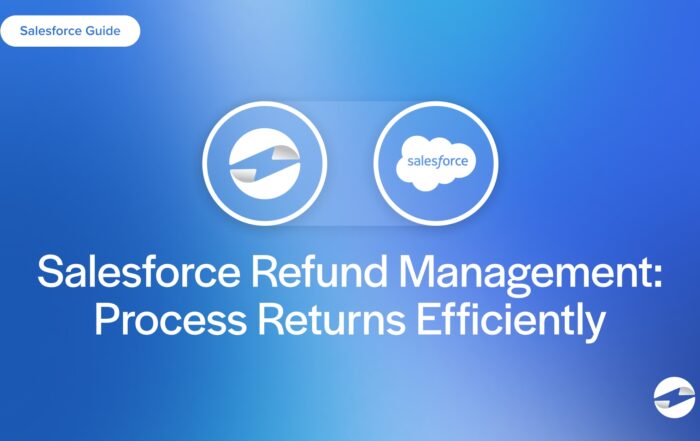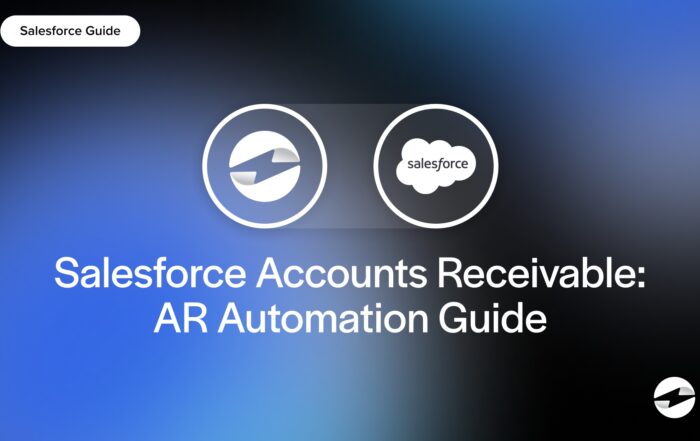What is third-party payment processing?
Third-party payment processing allows businesses to accept credit card payments without setting up their own merchant account. Instead of working directly with a bank, businesses use a payment processor that handles transactions on their behalf. This is a common solution for small businesses, eCommerce stores, and B2B companies looking for a seamless way to accept payments without the hassle of traditional merchant accounts.
With third-party processors, businesses don’t have to go through lengthy approvals or meet strict banking requirements. Instead, they can start accepting payments almost immediately with lower upfront costs. You don’t need to set up your direct connection to the card networks or worry about all the behind-the-scenes technical pieces. They simplify the entire process.
While convenient, third-party processing often comes with slightly higher transaction fees because they handle everything for you. Paying the higher fees can be thought of as paying more for simplicity and convenience.
Key Points
- Third-party payment processors let businesses accept payments without setting up their own merchant accounts, making it easier and faster to get started—especially for small or online businesses.
- While convenient, using a third-party processor means higher fees and less control.
Third-party credit card processing examples
Many well-known companies operate as third-party payment processors. Here is a list of some popular third-party payment processors:
- EBizCharge – A powerful payment solution designed for businesses that need seamless integration with ERPs like Acumatica, QuickBooks, NetSuite, and Sage. EBizCharge offers lower processing fees, strong security features, and a smooth payment experience for transactions.
- PayPal – Commonly used for online shopping and freelance payments. PayPal allows businesses to accept credit card and bank payments without a direct merchant account.
- Square – Popular among small businesses and brick-and-mortar stores. Square provides card readers and POS systems with built-in payment processing.
- Stripe – A favorite for eCommerce platforms, Stripe allows online businesses to accept payments and manage subscriptions with developer-friendly integrations.Venmo (for Business) – An extension of PayPal, Venmo allows users to pay businesses directly using stored
- credit cards or bank accounts.
- Shopify Payments – Built into Shopify’s eCommerce platform, this processor simplifies transactions for online store owners.
Using a third-party processor means faster setup, but it also means businesses don’t have full control over their payment processing terms. If you’re choosing a provider, consider factors like fees, security, and integration with your existing systems.
You May Also Like
Read More
Read More
Read More



